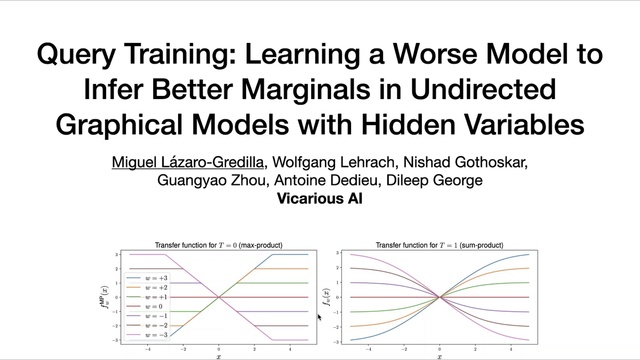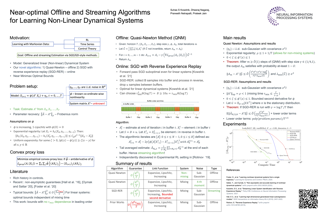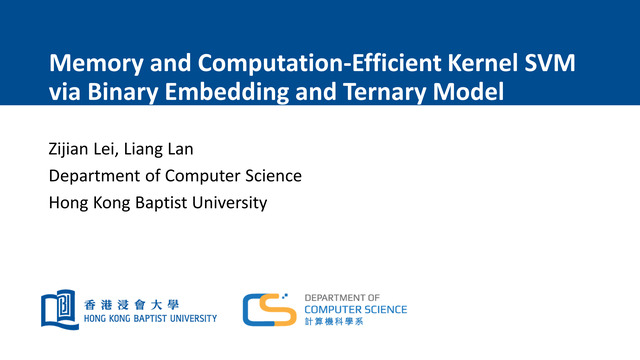Abstract:
We consider active learning for binary classification in the agnostic pool-based setting. The vast majority of works in active learning in the agnostic setting are inspired by the CAL algorithm where each query is uniformly sampled from the disagreement region of the current version space. The sample complexity of such algorithms is described by a quantity known as the disagreement coefficient which captures both the geometry of the hypothesis space as well as the underlying probability space. To date, the disagreement coefficient has been justified by minimax lower bounds only, leaving the door open for superior instance dependent sample complexities. In this work we propose an algorithm that, in contrast to uniform sampling over the disagreement region, solves an experimental design problem to determine a distribution over examples from which to request labels. We show that the new approach achieves sample complexity bounds that are never worse than the best disagreement coefficient-based bounds, but in specific cases can be dramatically smaller. From a practical perspective, the proposed algorithm requires no hyperparameters to tune (e.g., to control the aggressiveness of sampling), and is computationally efficient by means of assuming access to an empirical risk minimization oracle (without any constraints). Empirically, we demonstrate that our algorithm is superior to state of the art agnostic active learning algorithms on image classification datasets.









































